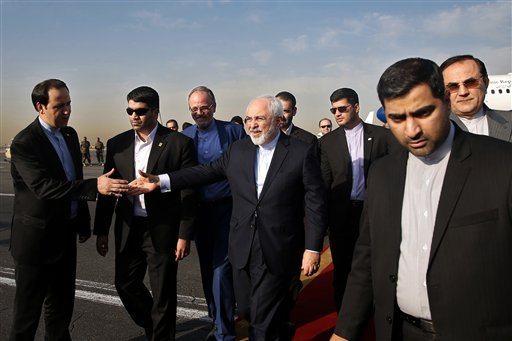In Arab world, worries that deal will boost Iran’s power
The nuclear deal with Iran was met with a profound wariness in the Arab world, where concerns are widespread that the easing of its international isolation could tip the already bloody contest for power in the region toward Shiite-led Tehran.
Arab countries have deep fears of Iran gaining a nuclear weapon, and some have been skeptical that a deal will prevent that from happening. But equally high for key Sunni-dominated Gulf allies of the United States is the worry that a deal gives Iran the means — through an economic windfall — and an implicit green light to push influence in the region.
The Arab world has been polarized for years in a worsening proxy conflict between Iran and Gulf powers, particularly Saudi Arabia, fueling Sunni-Shiite tensions and stoking wars. In Syria, Iran’s support has ensured the survival of President Bashar Assad against Sunni rebels backed by Gulf nations in a devastating civil war, now in its fifth year. Yemen has been torn apart this year as Saudi Arabia, leading a coalition air campaign, has tried to help fend off Shiite rebels supported by Tehran. In Iraq, Saudi Arabia has opposed the growing power of Iran even since the 2003 ouster of Saddam Hussein and the rise of a government led by Shiite politicians close to Iran.
“Deal or no deal, tension in the region is not going to go away,” said Abdulkhaleq Abdullah, a professor of political science at United Arab Emirates University. “If Iran is bent on acting as a hegemon, as a regional power, I think we are in for some difficult times.”
Read More: My Way News – In Arab world, worries that deal will boost Iran’s power

